## Farewell Embracer, Hello Fellowship!
The gaming world is buzzing with news of a major rebrand. Embracer Group, the colossal conglomerate responsible for a staggering catalog of beloved franchises (think THQ Nordic, Coffee Stain, and Gearbox), is shedding its corporate skin and embracing a new identity: Fellowship Entertainment.
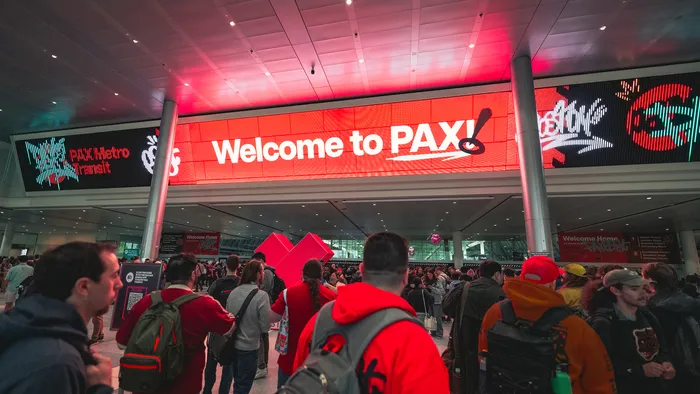
A Global Force in Development
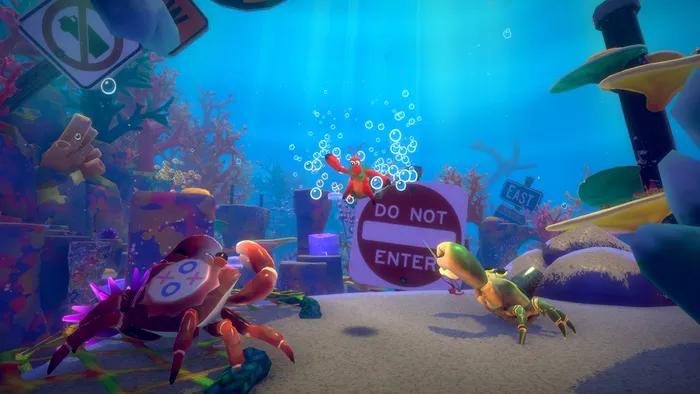
Fellowship Entertainment, the newly rebranded entity resulting from Embracer Group’s restructuring, is poised to become a global force in game development and publishing. The company’s diverse portfolio of studios, spanning across multiple continents and genres, has the potential to foster innovation and creativity, leading to a wider range of gaming experiences.
With a global network of talent, Fellowship Entertainment is well-equipped to tackle complex game development projects, leveraging the expertise of its various studios to create immersive and engaging experiences for players. The company’s commitment to community-driven game development and publishing also suggests a strong focus on player engagement and satisfaction.
Some of the studios under the Fellowship Entertainment umbrella include 4A Games, Aspyr Media, CrazyLabs, Crystal Dynamics, Dambuster Studios, Dark Horse, Deca Games, Eidos-Montréal, Flying Wild Hog, Gunfire Games, Limited Run Games, Middle-earth Enterprises, Milestone, PLAION, Tarsier Studios, THQ Nordic, Tripwire Interactive, Vertigo Games, Warhorse Studios, and more than 40 other companies.
This diverse network of studios enables Fellowship Entertainment to tackle a wide range of genres and styles, from action-adventure games to strategy titles and RPGs. The company’s global reach also allows it to tap into local markets and cultures, creating experiences that are tailored to the specific needs and preferences of players around the world.

International Studios and Genres
Fellowship Entertainment’s global network of studios includes:
- 4A Games (Russia): Known for their work on the Metro series and S.T.A.L.K.E.R. games.
- Aspyr Media (USA): A leading developer of ports for PC, console, and mobile platforms.
- CrazyLabs (Israel): A mobile game developer with a focus on hyper-casual titles.
- Crystal Dynamics (USA): Developer of the Tomb Raider series and other action-adventure games.
- Dambuster Studios (UK): Known for their work on the Homefront series and other FPS titles.
- Dark Horse (UK): A developer of mobile and PC games with a focus on strategy and puzzle titles.
- Deca Games (Poland): A developer of mobile games with a focus on hyper-casual titles.
- Eidos-Montréal (Canada): Developer of the Deus Ex and Thief series.
- Flying Wild Hog (Poland): Known for their work on the Hard Reset series and other FPS titles.
- Gunfire Games (USA): Developer of the Dusk series and other FPS titles.
- Limited Run Games (USA): A developer of physical releases for PC and console games.
- Middle-earth Enterprises (USA): A developer of games based on The Hobbit and The Lord of the Rings franchise.
- Milestone (Italy): A developer of racing games and other titles.
- PLAION (Germany): A developer of mobile games with a focus on hyper-casual titles.
- Tarsier Studios (Sweden): Known for their work on the Little Nightmares series and other horror titles.
- THQ Nordic (Sweden): A developer of games based on popular franchises such as Darksiders and Red Faction.
- Tripwire Interactive (USA): Developer of the Killing Floor series and other FPS titles.
- Vertigo Games (Netherlands): A developer of VR games with a focus on action-adventure titles.
- Warhorse Studios (Czech Republic): Known for their work on the Kingdom Come series and other RPG titles.
This diverse network of studios enables Fellowship Entertainment to tackle a wide range of genres and styles, from action-adventure games to strategy titles and RPGs. The company’s global reach also allows it to tap into local markets and cultures, creating experiences that are tailored to the specific needs and preferences of players around the world.
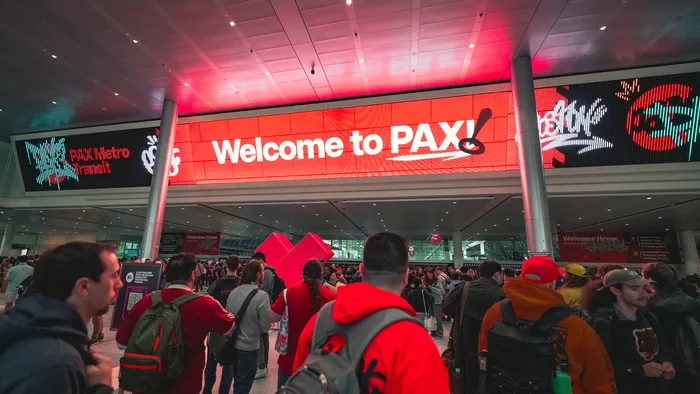
Lars Wingefors: Orchestrating the Symphony
Lars Wingefors, CEO of Embracer Group, has been instrumental in leading the company’s restructuring efforts. His experience in navigating the complex world of game development and publishing has been crucial in shaping the future of Fellowship Entertainment.
As the CEO of Embracer Group, Wingefors has a deep understanding of the game development industry and its various trends and challenges. He has been instrumental in shaping the company’s strategy and making key decisions that have impacted its growth and success.
With his experience in leading Embracer Group, Wingefors is well-equipped to guide Fellowship Entertainment towards a successful future. His commitment to community-driven game development and publishing suggests a strong focus on player engagement and satisfaction.
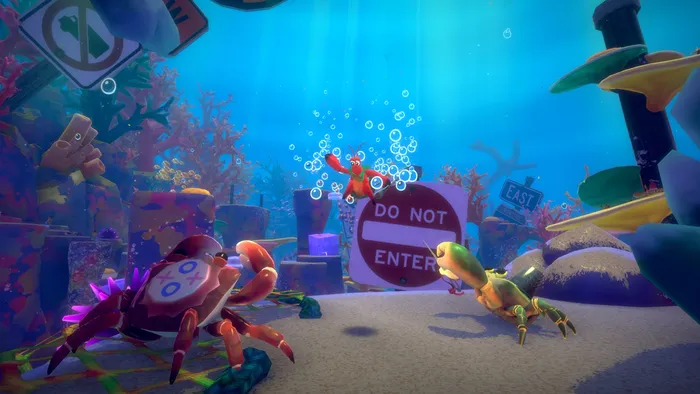
Leadership and Vision
Lars Wingefors’ leadership and vision have been instrumental in shaping the future of Embracer Group and, by extension, Fellowship Entertainment. His experience in leading the company through periods of growth and transformation has been crucial in shaping its strategy and making key decisions that have impacted its success.
As the CEO of Embracer Group, Wingefors has a deep understanding of the game development industry and its various trends and challenges. He has been instrumental in shaping the company’s strategy and making key decisions that have impacted its growth and success.
Wingefors’ commitment to community-driven game development and publishing suggests a strong focus on player engagement and satisfaction. This focus has been instrumental in shaping the company’s approach to game development and has helped to drive its success in the market.
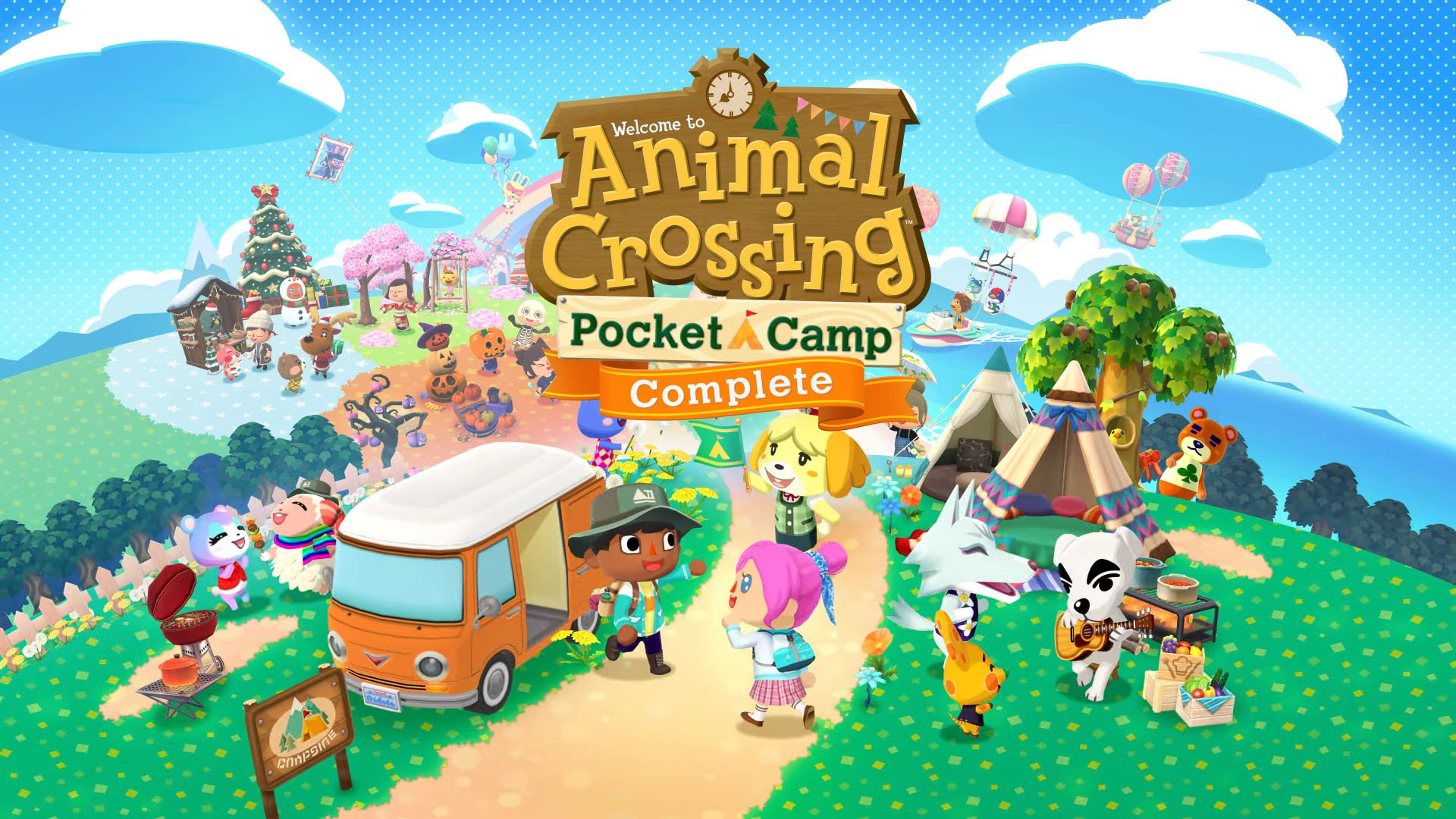
Implications for the Gaming Landscape
The restructuring of Embracer Group and the creation of Fellowship Entertainment have significant implications for the gaming landscape. The move suggests a shift towards a more community-driven approach to game development and publishing, with a focus on player engagement and satisfaction.
The creation of Fellowship Entertainment also highlights the importance of consolidation and competition in the game development industry. The company’s diverse portfolio of studios and its commitment to community-driven game development and publishing suggest a strong focus on innovation and creativity.
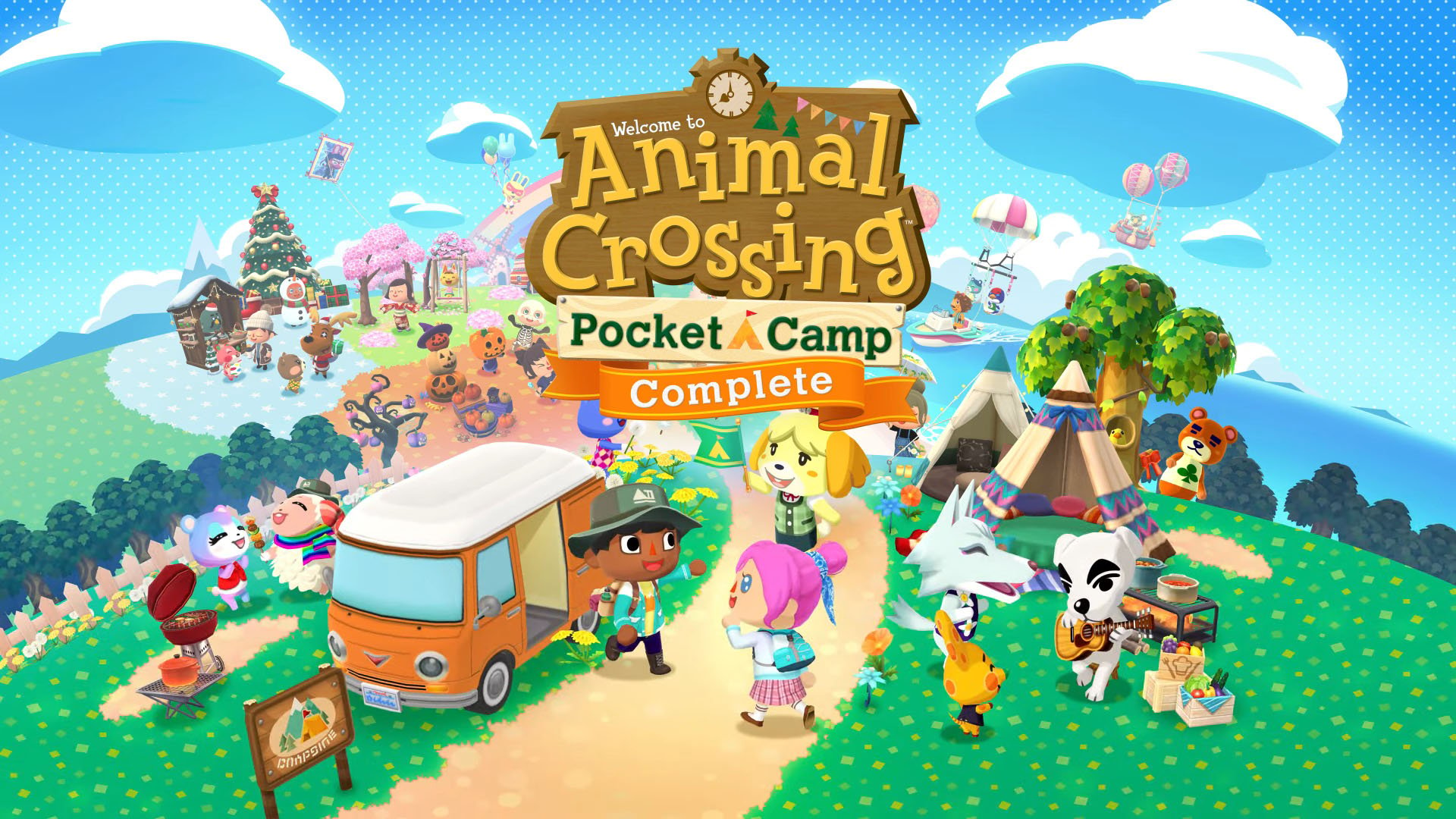
Consolidation and Competition
The restructuring of Embracer Group and the creation of Fellowship Entertainment have significant implications for the gaming landscape. The move suggests a shift towards a more community-driven approach to game development and publishing, with a focus on player engagement and satisfaction.
The creation of Fellowship Entertainment also highlights the importance of consolidation and competition in the game development industry. The company’s diverse portfolio of studios and its commitment to community-driven game development and publishing suggest a strong focus on innovation and creativity.
The impact of this move on the gaming landscape will be significant, with potential implications for the game development industry as a whole. The creation of Fellowship Entertainment suggests a shift towards a more community-driven approach to game development and publishing, which could have a positive impact on player engagement and satisfaction.
The Future of Gaming Franchises
The creation of Fellowship Entertainment also highlights the potential for revitalization and expansion of existing franchises under the new ownership structure. The company’s commitment to community-driven game development and publishing suggests a strong focus on player engagement and satisfaction, which could have a positive impact on the evolution of these beloved IPs.
The focus on community and player engagement also suggests a shift towards a more player-centric approach to game development and publishing. This could have a positive impact on the game development industry as a whole, with potential implications for the way games are developed and published in the future.
Opportunities for Developers and Players
The creation of Fellowship Entertainment and the restructuring of Embracer Group offer new opportunities for developers and players alike. The company’s commitment to community-driven game development and publishing suggests a strong focus on player engagement and satisfaction.
The creation of Fellowship Entertainment also highlights the potential for collaboration and innovation in the game development industry. The company’s diverse portfolio of studios and its commitment to community-driven game development and publishing suggest a strong focus on innovation and creativity.
Benefits for Developers
The creation of Fellowship Entertainment offers several benefits for developers, including:
- Access to a diverse portfolio of studios and their expertise.
- Opportunities for collaboration and innovation with other developers.
- A focus on community-driven game development and publishing, which could lead to more player-centric experiences.
- A focus on community-driven game development and publishing, which could lead to more player-centric experiences.
- Access to a diverse portfolio of studios and their expertise, which could lead to more innovative and creative experiences.
- Opportunities for collaboration and innovation with other developers, which could lead to more player-centric experiences.
The creation of Fellowship Entertainment also highlights the potential for developers to tap into local markets and cultures, creating experiences that are tailored to the specific needs and preferences of players around the world.
Benefits for Players
The creation of Fellowship Entertainment offers several benefits for players, including:
The creation of Fellowship Entertainment also highlights the potential for players to engage with games in new and innovative ways, with potential implications for the game development industry as a whole.
Conclusion
In a seismic shift within the gaming landscape, Embracer Group, the colossal parent company behind numerous beloved studios, is shedding its old skin and stepping into a new era as Fellowship Entertainment. This bold move, fueled by the recent spin-off of Coffee Stain Group, signifies a strategic realignment for Embracer, prioritizing a tighter focus on its core strengths and an emphasis on collaborative development. The implications of this rebranding are far-reaching. This fresh start could usher in a new wave of creativity and innovation within Embracer’s portfolio, as studios are empowered to explore uncharted territories with greater autonomy. The “Fellowship” moniker itself suggests a renewed emphasis on shared vision and collective success, potentially fostering a more collaborative and synergistic environment across the group. While the future remains unwritten, one thing is certain: this bold rebranding signals Embracer’s commitment to evolving with the times, embracing change, and forging a new path towards gaming’s ever-expanding horizon. As the gaming industry continues to evolve at an unprecedented pace, will Fellowship Entertainment rise to the occasion and become a true champion of the next generation of gaming experiences? Only time will tell.
